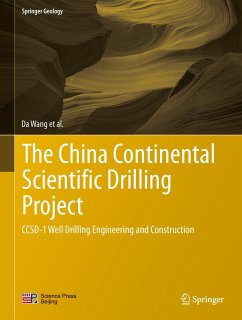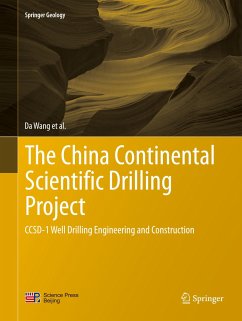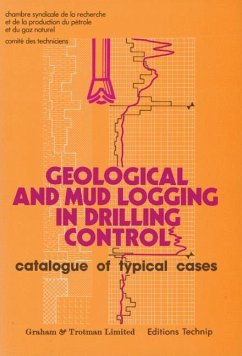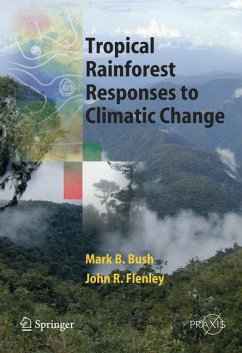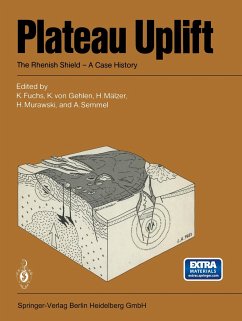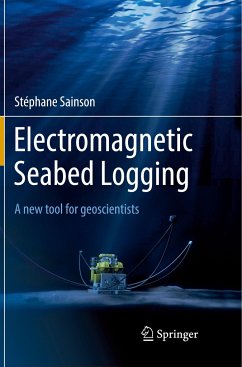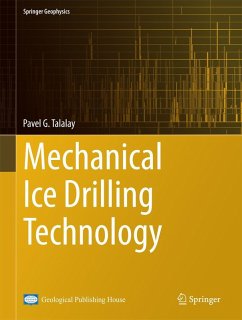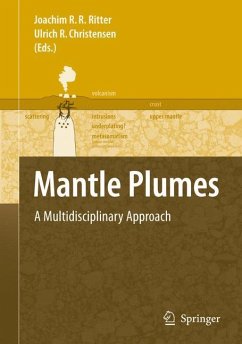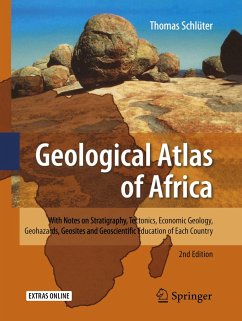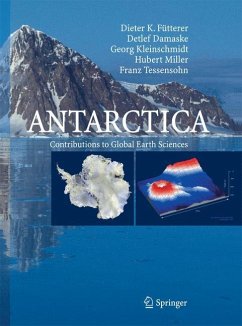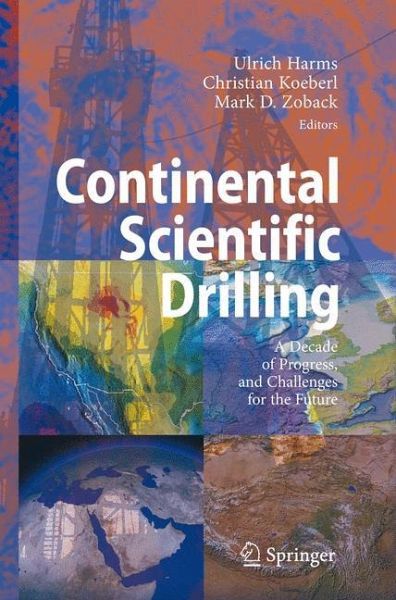
Continental Scientific Drilling
A Decade of Progress, and Challenges for the Future
Herausgegeben: Harms, Ulrich; Koeberl, Christian; Zoback, Mark D.
Versandkostenfrei!
Versandfertig in 6-10 Tagen
113,99 €
inkl. MwSt.

PAYBACK Punkte
57 °P sammeln!
This volume provides a review and synthesizes the accomplishments of the past decade of the International Continental Scientific Drilling Program. More importantly, it defines opportunities for scientific advancement through future drilling projects addressing a broad range of disciplines in the Earth Sciences. In addition there is a review of all past projects that were supported by the ICDP, as well as of technical aspects associated with continental drilling.
Scientific drilling is an indispensable tool of modern Earth science - search, as it provides the only means of obtaining direct information on processes operating at depth. Drilling allows for the determination of - situ properties of solid materials and fluids and permits testing of hypot- ses and models derived from surface observations. In addition, drill holes may be used as a natural laboratory for experiments and as observatories for long-term monitoring of on-going active processes. Earth drilling, therefore, plays a critical role in scientific research directed towards - proved understanding of the workings of our planet and has a key role in solving urgent socio-economic problems. As a rule, drilling projects are an integral component of major geosci- tific research programs, comprising comprehensive pre-site investigations, accompanying laboratory studies, the drilling phase itself, and consecutive measurements and tests in the drill hole. Such drilling programs are costly and thus only realizable to a limited extent. International cost sharing, the optimal utilization of all available resources, the incorporation of inter- tional leading experts, and the application of the existing know-how, as well as the selection of an optimal drilling location ("World Geological Site"), are thus essential elements of an international scientific drilling p- gram.





